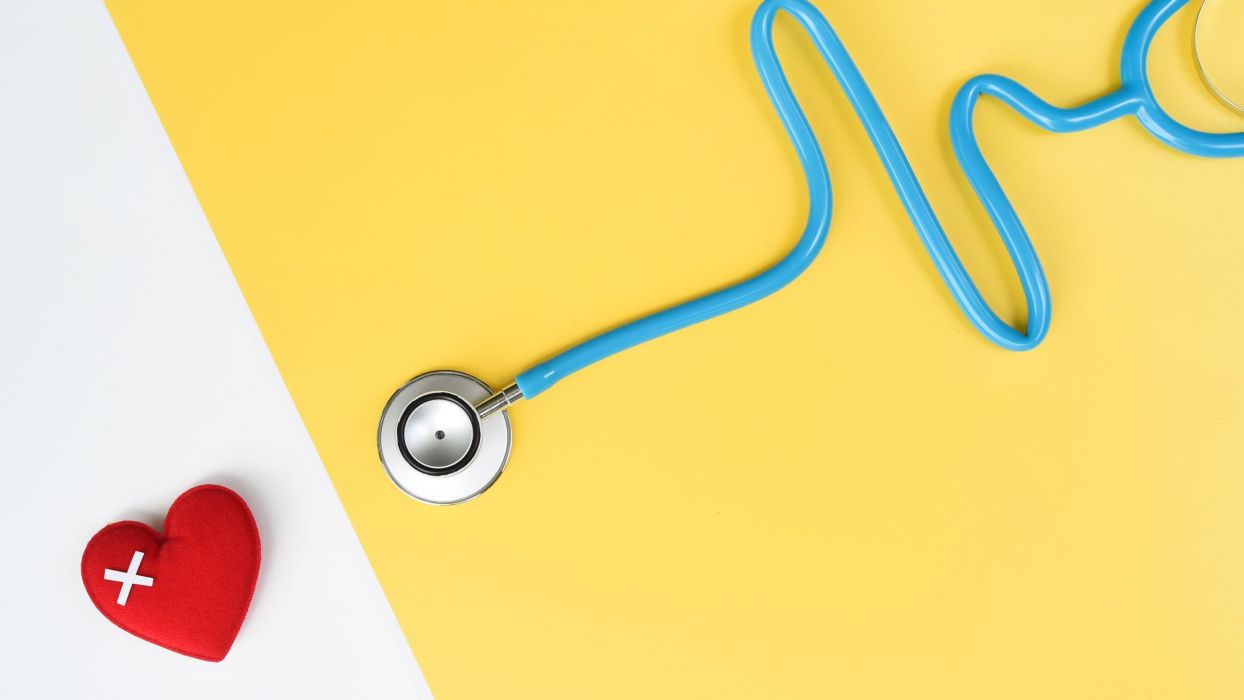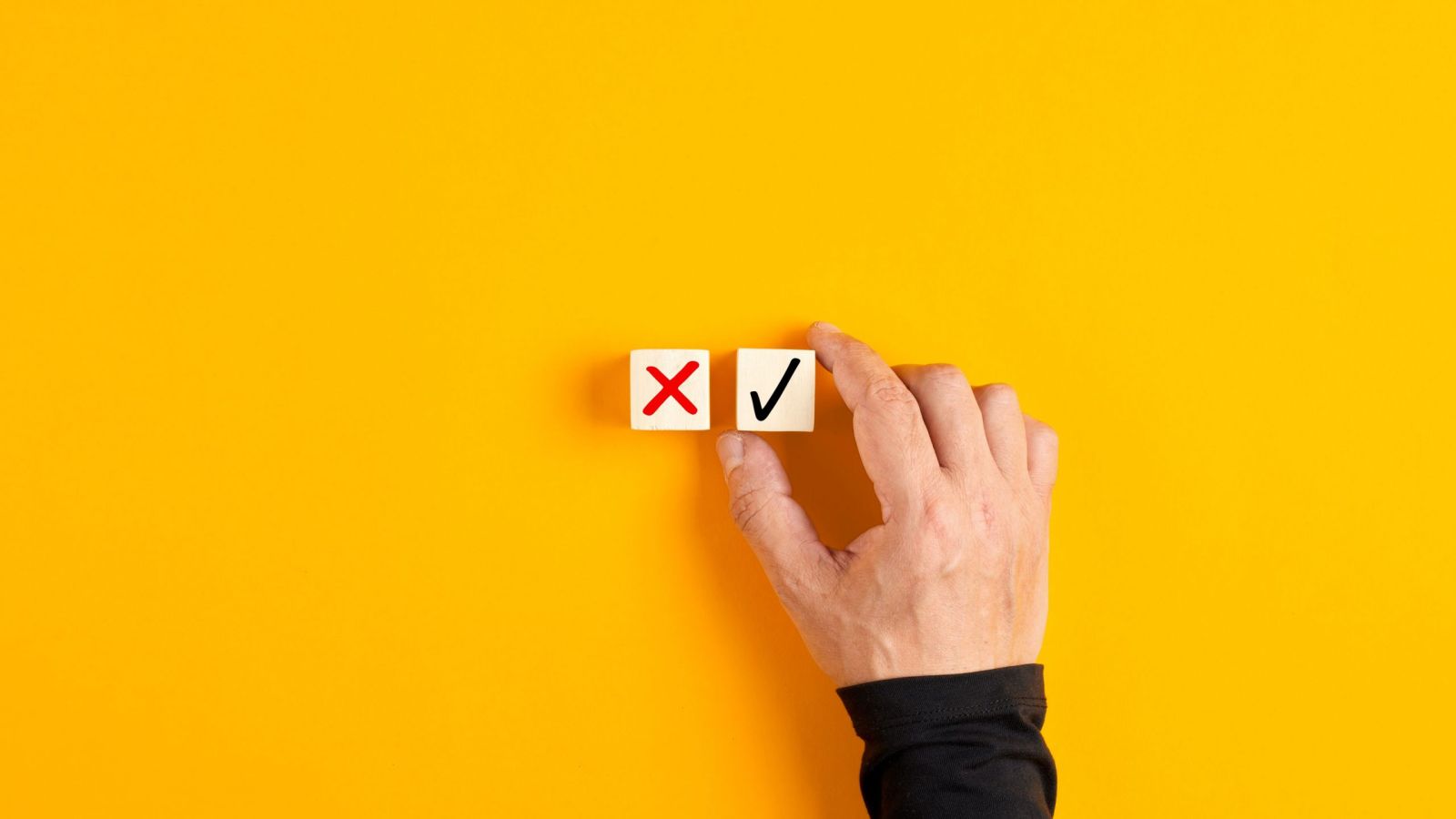The Types of Hearts and Their Remedies
Shaykh Abū Khadījah

When one is put into trial then he looks to the goodness that his Lord has given him and he is patient upon this trial. Allāh will reward him in the hereafter.
This life is ending. When this life ends we enter the life of the grave, and when that ends, we enter into an eternal abode. Allāh did not create us without a purpose. He created us for a reason and that reason has been mentioned by Allāh in the Qurʾān.
Allāh says (what can be translated as):
وَمَا خَلَقْتُ الْجِنَّ وَالْإِنسَ إِلَّا لِيَعْبُدُونِ ﴿٥٦﴾
And I (Allāh) created not the jinns and humans except they should worship Me (Alone).
[al-Dhāriyāt, 51:56]
The Prophet (ﷺ) used to constantly say: O turner of the hearts, establish my heart upon your religion. The Prophet (ﷺ) also said: The hearts are between the fingers of the Most Merciful and he turns them whichever way he pleases.
The heart is the centerpiece of the body, just like if the limbs become diseased or impaired than they are not able to be used for that which they were made for, likewise if the heart becomes diseased the specific functions for which the heart was created will be lost and become impaired.
The function of the heart is that the heart contains:
- Knowledge
- Wisdom
- Acquaintance and love for Allāh
- Love of the worship of Allāh
The sickness of the heart due to disobedience is a hidden sickness. This must be cured in order for the heart to go back to the functions it was originally created for.












